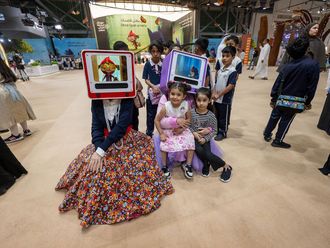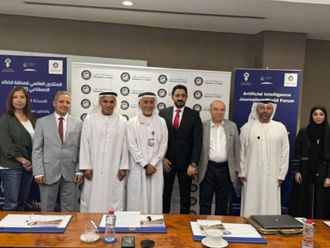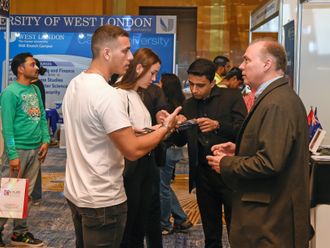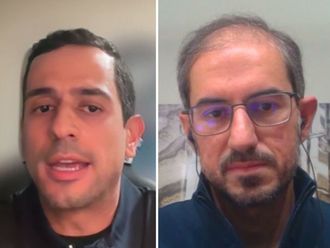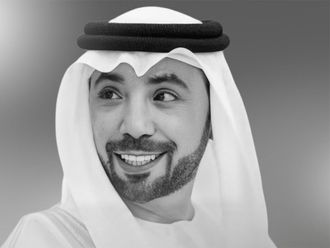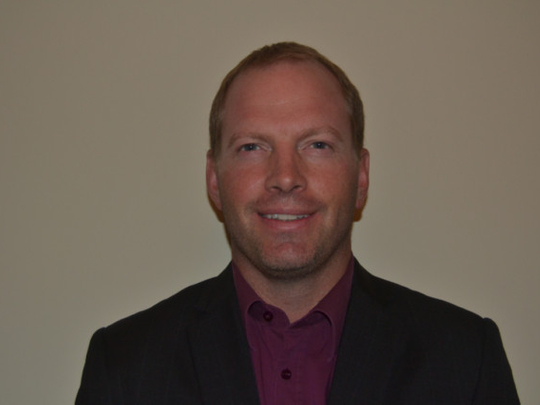
When Heads of School change, so can the direction of the institution. Three years ago, I was working at a school in Vancouver, Canada. The retirement of the Head of School presented enormous anxiety among the staff. Who was going to be the next Head? What new programmes is he or she going to implement? What is going to change?
On the first day of school, our new Head gave a short presentation about himself that concluded with a seemingly innocuous question that has changed my career forever: “Do the students know what they have to do to achieve their personal best?”
It was the latter two words that resonated. It wasn’t an atomic explosion of profound enlightenment, but rather a slow, repetitive contemplation of what that idea could mean to me as an educator. I almost dismissed the idea at first.
I remember joking with one of my colleagues that ‘personal best’ was a term that crept into my conscious once every four years when watching the less competent swimmers at the Olympics. Her response helped the penny to drop: “It’s not like you’ve ever swum at the Olympics.” Point taken. After all, very few people get to swim at the Olympics. In, and of itself, this is a massive accomplishment, yet there I was poking fun at such a huge accomplishment. I decided I should give this a fair shake.
Knowing your capabilities
As a staff, we were encouraged to mull over the idea and I began to explore it as a question: what is my personal best? Then, a statement: personal best is the best I can do at any one thing. Then an idea: personal best is to maximise success in any area. Then, I applied it as an educator: all students should know what their personal best is, and know what they need to do to achieve it. Finally, it became a philosophy for my life: if I know my personal best, and how to achieve it, I will truly achieve what I am capable of… therefore, I will truly know myself.
A great motivator
The beauty of the idea is that it can be applied to any endeavour. I have found that it can be a great motivator for my students. It can allow them to further pursue existing passions. It can get them to accept their limitations, or, it can encourage them not to accept their limitations. It can help them become more comfortable with who they are.
It can be used to set reachable goals. It can encourage them to take up new pursuits. It can help them to accept that there are things beyond their control. It can challenge them to reflect on effort, or performance, or failure. Personal best can be anything at all, and that is powerful for young people.
However, it’s not an easy thing to inculcate. Adolescents are struggling for a sense of selfhood. Naturally, they compare themselves to one another…but this is an intrinsic metric. It requires a certain sense of empirical understanding in that students need to know where they have had success in the past. They also need some external benchmarks to ensure their perceptions of what they can achieve are realistic. They need to set goals and they need to be patient. Those are not easy values to instil in teenagers.
How to achieve your goal
For that they need support. The role of the school is critical in the development of a young person. I have long believed that schools that focus on self-efficacy instead of self-esteem breed an abundance of both. Conversely, schools that focus on self-esteem without self-efficacy breed little of either.
To truly embrace personal best as a philosophy, schools need to develop a growth mind-set in their students. The focus should be on student learning, not student attainment. The curriculum should be built around the development of skills more so than knowledge and the knowledge that is learned should require an application. Finally, students should be constantly reflecting on performance, identifying bumps in their learning with the same meticulous analysis that football commentators use to dissect every facet of a game-winning goal.
Three years on and I am now Head of Secondary a different school. Focusing on personal best is beginning to show improvements in learning. I am proud that many students and colleagues have taken to this idea as I have. They are using it to improve; they are using it to learn; they are using it to grow… as am I. Thanks, John.
The writer is the Head of Secondary at Greenfield Community School, IB Continuum, a Taaleem School.


